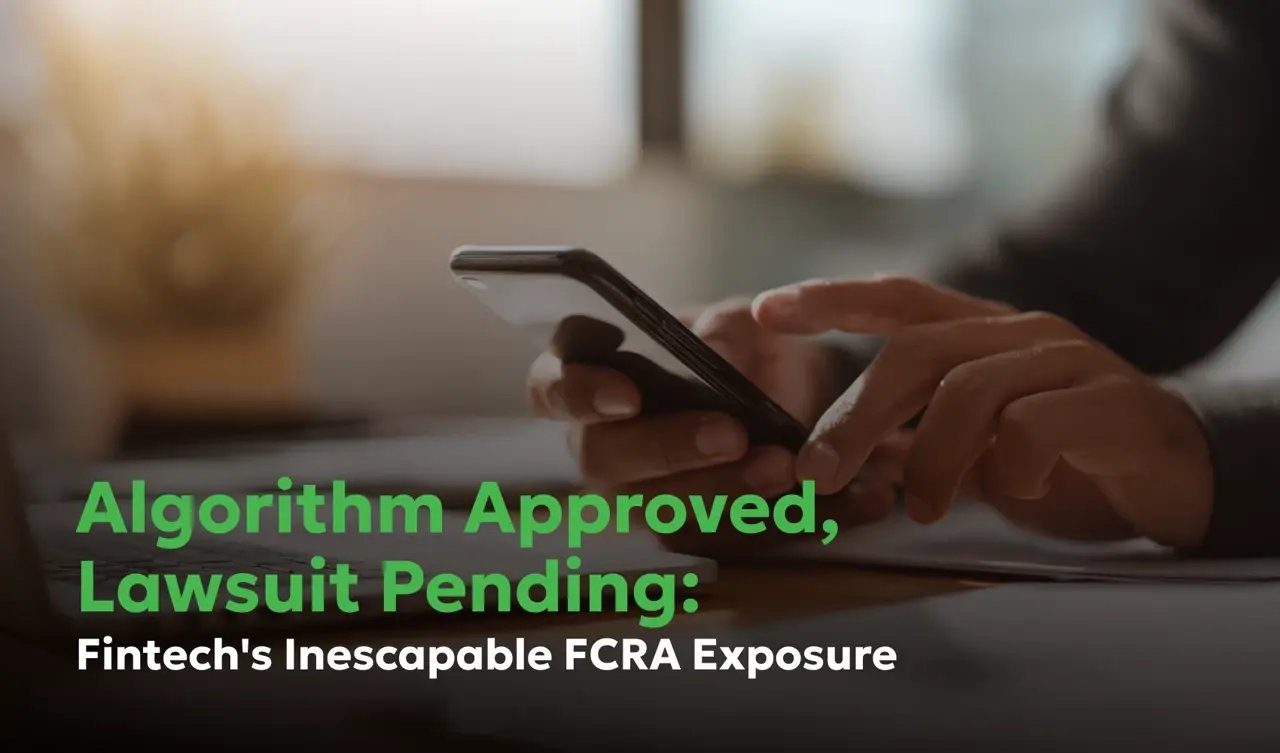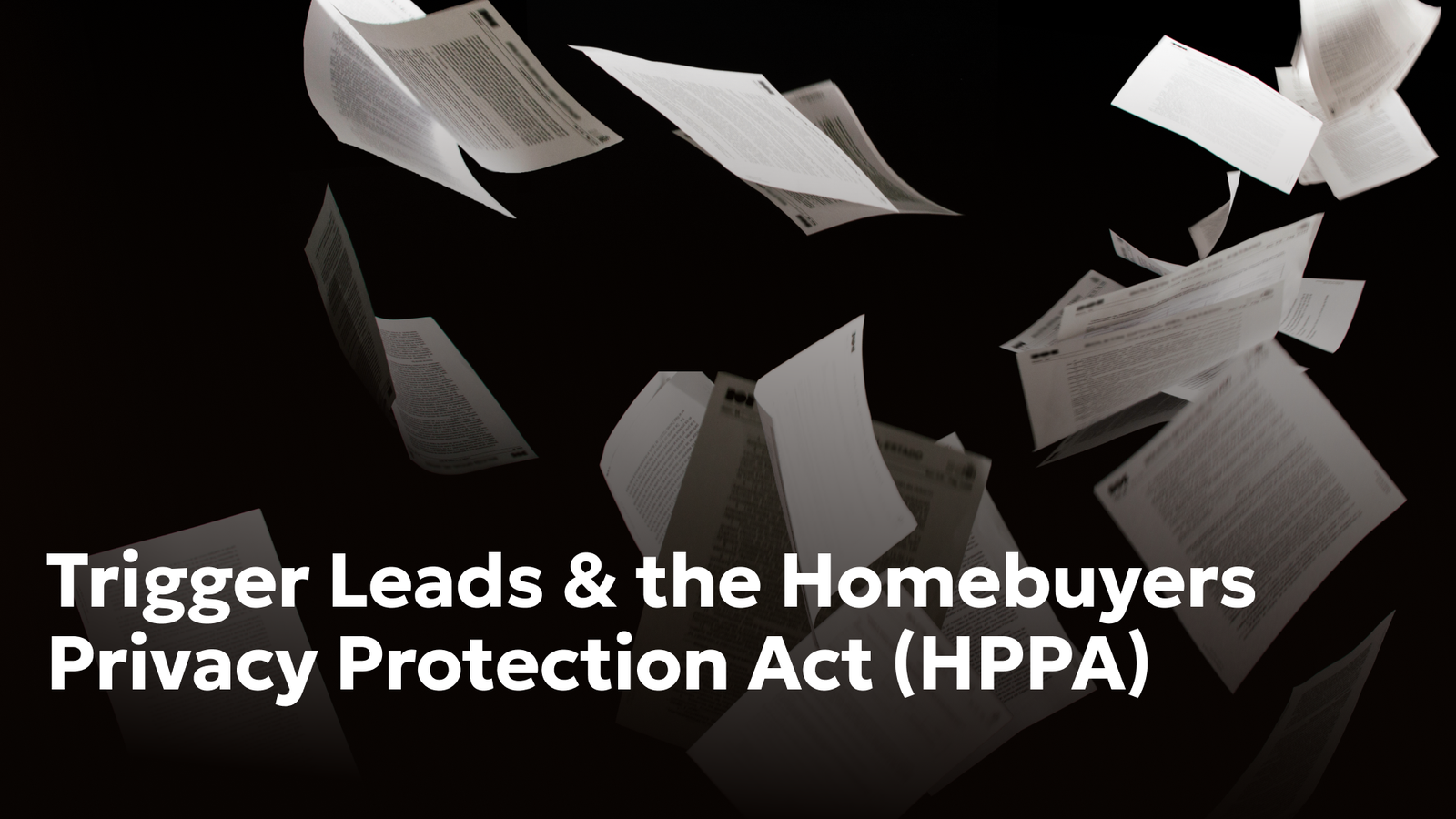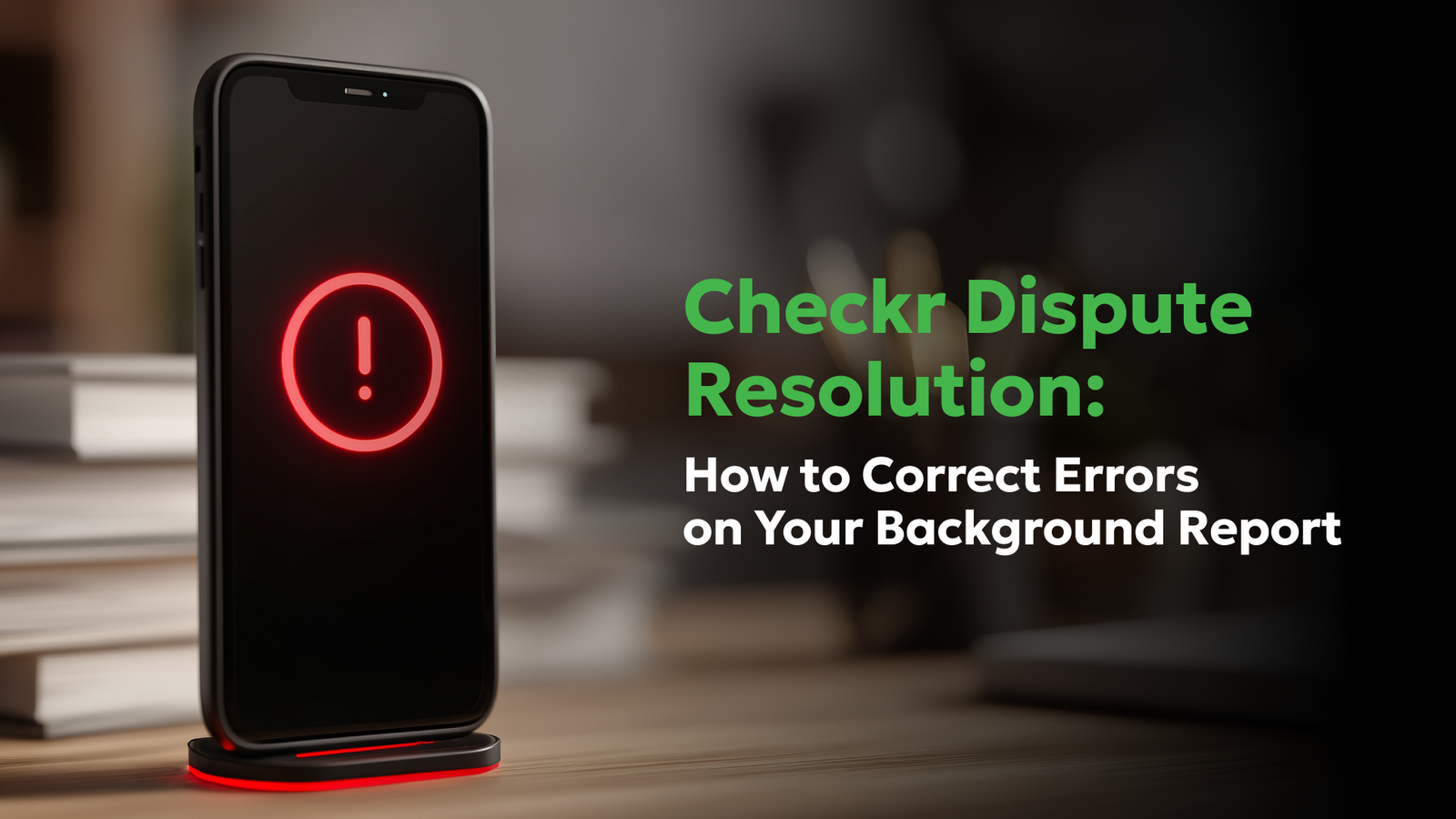Complete Guide to Federal Background Checks
- Blog
- All about FCRA
Complete Guide to Federal Background Checks

Understand everything about Federal Criminal Background Checks, your legal rights, and what to do if errors show up.
Some federal jobs, high-level executive jobs, jobs with federal contractors, or jobs where security is paramount require the applicant to undergo a federal background check. This is a more thorough, more intense, broader type of background check. This article identifies ways to prepare yourself for the scrutiny and know what to do if there are errors.
Mortgagees, rideshare companies, automobile financiers, landlords, insurers, and anyone else with an interest in eliminating risks associated with the people with whom they do business have made background checks of all kinds a standard part of their application processes. Employers with a profound interest in knowing the people, companies, contractors, subcontractors, and entities with whom they do business want those people to meet certain standards.
The federal background check - also referred to as a federal criminal background check for employment - is the process by which the employers or entities with whom your employer does business determine the integrity, reliability, and general acceptability of employees and those doing business with the federal government, especially for positions requiring high trust.
As a background check attorney, I've witnessed firsthand the impact that inaccuracies in a federal criminal history background check can have on a person. This article provides an overview of the federal employee background check, including federal background check requirements, the federal employment background check process, federal background check laws, and how to navigate potential errors that might unjustly affect your employment prospects.
What is a Federal Background Check?
A federal background check is the process by which an employer, contractor, lender, or someone with whom a person wants to do business checks the databases of various agencies of the United States government to assess a person’s eligibility for work, for security clearances, for contracts, or other instances where trust and security are crucial. Federal government background checks go beyond basic criminal records to include an individual’s credit history, education, employment history, and more, ensuring that only the most suitable candidates progress through the stringent federal employment background check pipeline.
This process serves the same purpose as any other background check - to preserve the interests of the entity doing the background check. It safeguards against potential threats that might arise from entrusting sensitive roles to individuals with questionable backgrounds.
How State and Federal Background Checks Differ
Though they have the same purpose, state and federal background check procedures differ. The federal background check is more extensive and detailed than standard background checks, designed to paint a complete picture of an individual’s character and history. As such, errors in federal government background checks can be especially devastating.
Like state background checks, a federal background check will look into your past. But a federal background check focuses on federal databases. A federal background check examines databases for the 94 United States District Courts looking for any criminal cases, pending criminal cases, or involvement in criminal cases at the federal level. Federal crimes are generally more serious, are prosecuted at the federal level, and likely would not show up on a standard criminal background check which focus on the state and local criminal databases.
Federal Background Check Requirements
Undergoing a background check for a job is a prerequisite for many, but not all jobs. You will likely undergo a federal background check for a federal job given the interest of the federal government in maintaining security. Any company doing business with the federal government will likely require a federal background check, meaning the chances of you undergoing a federal background check will depend on the employer, the nature of the job, the level of the job, geography, and the employer’s need for assurance that the people it hires have no federal criminal history. Before anyone may run a federal background check:
- They must notify you that they intend to run a background check.
- You must give them permission to do so.
- They must tell you that anything they find in the federal background check can be used in their hiring decision.
- If they make an adverse hiring decision, they must tell you what in the federal background check report caused them to do so.
- They must provide you with a copy of the background check if requested.
Federal Employment Background Check Disqualifiers
Several factors might disqualify an individual from passing a federal background check, including:
- Felony Convictions. A felony record is a significant red flag for federal employment and some high-level civilian jobs. Some exceptions exist based on the nature of the offense and the time elapsed since the conviction.
- Drug Use. Recent or chronic drug use, especially of substances illegal under federal law, can result in disqualification.
- Poor Credit History. Significant debt or a history of financial irresponsibility may be indicators of a lack of reliability or potential vulnerability to bribery and corruption.
- Dishonesty. If the verification process reveals that you were untruthful in relaying your credentials, you may be disqualified.
- Dishonorable Discharge from the Armed Forces. This can indicate a failure to adhere to the military's code of conduct, potentially translating to unsuitability for federal employment.
While it is important to note that most employers will consider each case on its own merits, it is equally important to note that the slightest mistake on a background check report can have disastrous consequences for a job applicant.
What Does a Federal Background Check Consist Of?
While there are levels of background checks, even federal background checks, the general standards and documentation requirements everyone must meet include:
- Proof of Identity. A valid government-issued ID, such as a passport or driver's license, is essential.
- Employment History. A detailed record of past employment, often going back several years.
- Education Verification. Confirmation of educational achievements, degrees, and certifications.
- Criminal History. A comprehensive review of any criminal records, including arrests and convictions. Even acquitted charges can appear on these, depending on the level of the job.
- Personal References and Interviews. For some jobs, character references and interviews with acquaintances are required as they provide insights into your character, ethics, and social behavior.
This is a thorough assessment. It is designed to minimize risks to the employer’s reputation and integrity.
How Long Does A Federal Background Check Take?
When asked, “how long does a federal background check take,” the only accurate response is, “it depends.” The length of time it takes for a federal background check varies. Factors that determine how long it will take include:
- The level of clearance or security required
- The complexity of your work history
- The complexity of your education history
- Whether you’ve lived or oworked overseas
- The workload of the investigating agency
Generally, it can take from a few weeks to several months. For positions requiring a higher security clearance, the process can extend beyond a year due to the need for more in-depth investigations, including in-person interviews and international record checks.
How Far Back Does A Federal Background Check Go?
The look-back period for a federal background check depends on the type of information the employer seeks. Generally, criminal records and fingerprint checks have no time limit and can go back as far as the records exist. The Fair Credit Reporting Act (FCRA) usually limits reporting to seven years for other components like credit history, although exceptions exist for jobs with an annual salary over $75,000. Educational and employment verifications often cover your entire professional and academic history.
How to Get a Federal Background Check on Yourself?
“Can I run a federal background check on myself?” Yes. Obtaining a federal background check on yourself is a good way to be proactive, ensure the report is accurate, and prepare for potential employment opportunities. Here’s how:
- Request Your FBI Criminal Record. The FBI allows you to request a copy of your own criminal history record, often called a “rap sheet.” Go to the FBI’s website, where you’ll find instructions for submitting fingerprints and the required fee.
- Review Your Credit Report. You’re entitled to a free credit report every 12 months from the three major credit reporting agencies. Request a report from all three and check for inaccuracies or potential areas of concern in your financial history.
- Verify Your Educational Records. Contact your alma mater and request transcripts and verification letters to avoid any surprises when someone else does it.
- Check Your Employment History. Review your resume and confirm the dates of employment and job titles with your previous employers.
A federal background check is intense. But there are things you can do to make sure yours is accurate. Consumer lawyers like the ones at Consumer Attorneys deal with errors and inaccuracies in background and credit reports every day. If you identify an error or a violation of the FCRA or just have a question about something, contact us.
You can contact us by calling 1-877-615-1725, emailing info@consumerattorneys.com, or visiting our website.
Frequently Asked Questions
While a federal misdemeanor can be a disqualifier for a federal background check, it is not necessarily so. Most employers will consider the circumstances of the misdemeanor, the time that has elapsed since the misdemeanor conviction, indication of remorse or rehabilitation, and other significant factors. If you have a misdemeanor in your criminall history - state or federal - you should be proactive and try to minimize it. Character references and any other evidence that can reduce the misdemeanor’s significance will be helpful.
Several factors might disqualify an individual from passing a federal background check, including federal felony convictions, some felony arrests, some misdemeanor convictions, recent or chronic drug use, poor credit history or other signs of financial irresponsibility, any dishonesty in your work or education history, or dishonorable discharge from the armed forces. While it is important to note that most employers will consider each case on its own merits, it is equally important to note that the slightest mistake on a background check report can have disastrous consequences for a job applicant.
Yes. This is a good idea. Obtaining a federal background check on yourself is a proactive step to ensure accuracy and prepare for potential employment opportunities. To do so: 1) request your FBI criminal history record or “rap sheet,” 2) request and review your credit report, 3) verify your educational records; and 4) verify your employment history. If you have a criminal history, you can start gathering facts, character references, and other pertinent details to minimize the effect of the criminal history.
Federal and state background checks are fundamentally the same and serve the same purpose. The main differences are that federal background checks can go back further in time, review federal criminal databases from the 94 United States District Courts, can include arrests and acquittals, can include references and character testimony, and are generally utilized for more high-level jobs where security and risk mitigation are paramount.
Most federal government jobs, most jobs with companies that do business with the federal government, jobs that require security clearance, jobs with people from vulnerable populations, jobs on federal lands, jobs that require international travel, and some other high-level positions can all be subject to a federal background check.


Daniel Cohen is the Founder of Consumer Attorneys. Daniel manages the firm’s branding, marketing, client intake and business development efforts. Since 2017, he is a member of the National Association of Consumer Advocates and the National Consumer Law Center. Mr. Cohen is a nationally-recognized practitioner of consumer protection law. He has a we... Read more
Related Articles




R
ONGS™You pay nothing. The law makes them pay.







